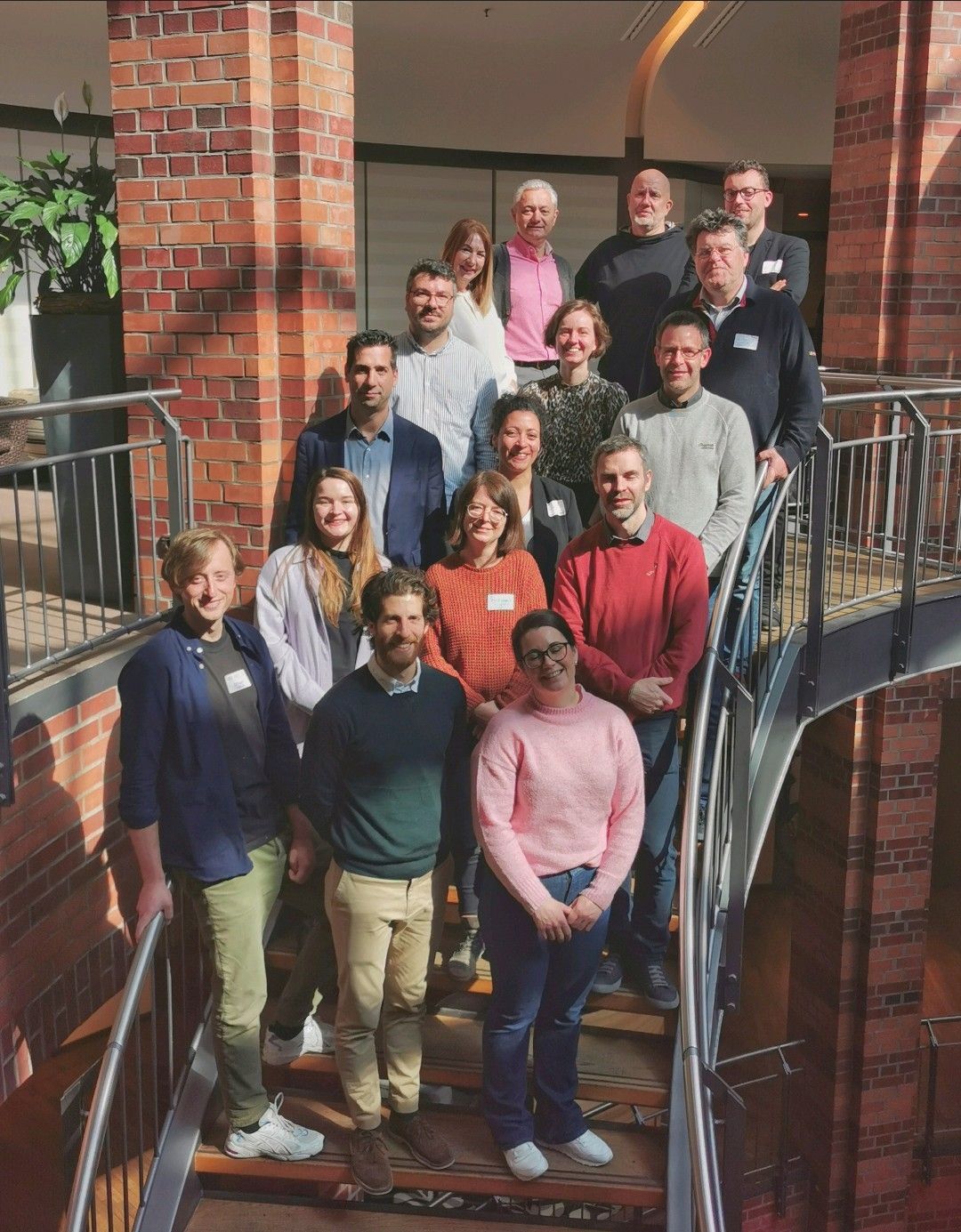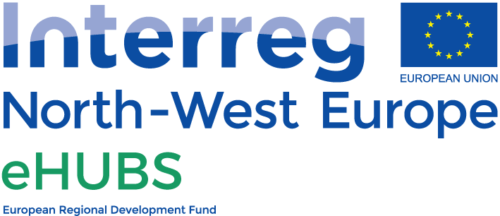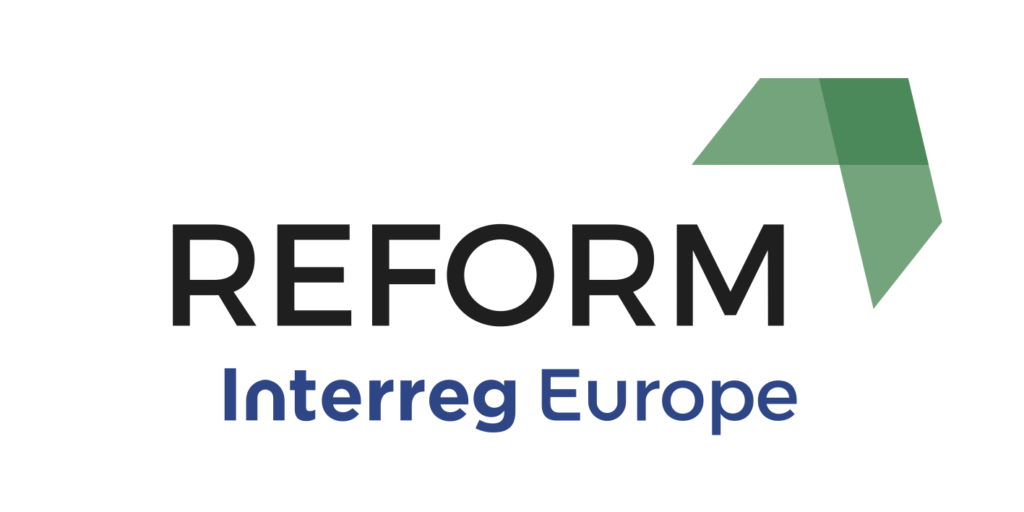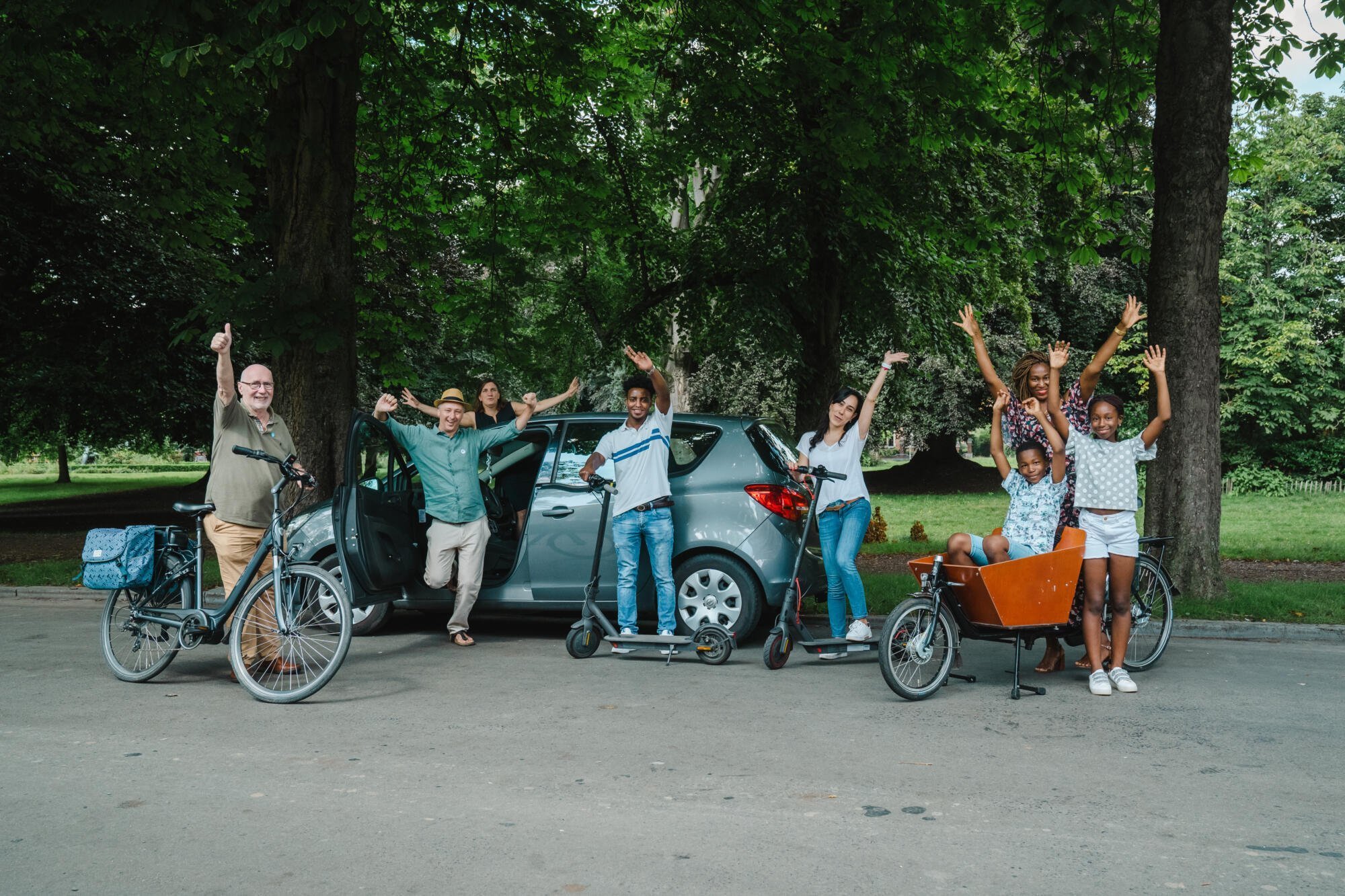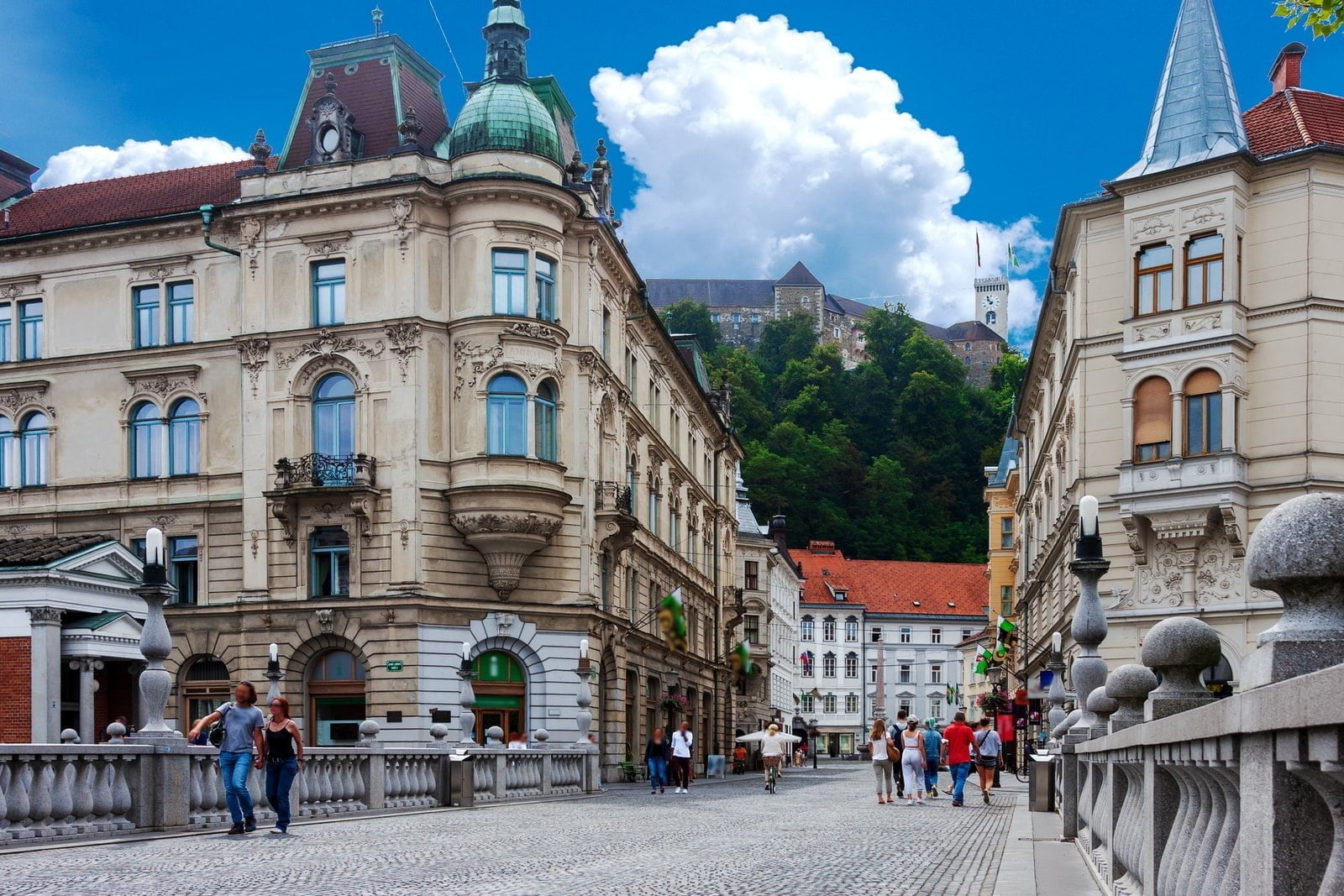Say "Hello!" to SMAPE project
The Shared Mobility Action Programmes Exchange (SMAPE) project, funded by Interreg Europe, aims to improve shared mobility policies in seven European countries. The project is set to run for 4 years with a follow-up closure phase of three months.
Project lead partner the Free Hanseatic City of Bremen seeks to aim the project's policy objective to achieve zero-carbon urban mobility in Europe, aligning with the Greener Europe policy objective. The City of Bremen also hosted the SMAPE kick-off meeting on the 26 and 27 April where POLIS had a chance to exchange its visions and goals, align its communication and dissemination strategy, and more.
Project prerequisites
Urbanisation has led to increasing transport demand in European cities and regions, resulting in high emissions and congestion. Although there has been a modal shift from private cars to more sustainable modes of transport, car use continues to increase in absolute numbers. This affects the liveability of cities as cars take up a lot of space.
The SMAPE consortium, consisting of partners from Belgium, Germany, Norway, Greece, Italy, Slovenia, and Romania, aims to facilitate the growth of new forms of shared mobility by introducing policies and concrete actions that accelerate the uptake of shared mobility services. These services provide benefits such as more travel options, lower car dependency, safer and more liveable streets, and higher use of sustainable modes of transport.
The project will focus on aspects like shared mobility integration with public transport and Mobility as a Service (MaaS), the use of data for monitoring and policy adjustments, influencing attitudes and behaviour, and optimising the mix of mobility modes, regulations, and frameworks for public-private partnerships. The consortium will also provide policy recommendations and contributions to Sustainable Urban Mobility Plans (SUMPs).
The SMAPE project will improve seven policy instruments, two of which concern ERDF programmes. By collaborating with partners from different countries, SMAPE aims to create a network of shared mobility policies that will contribute to a greener Europe.
How do we achieve better-shared mobility?
At the regional level, SMAPE will engage stakeholders to ensure a smooth implementation of shared mobility policies. As part of the SMAPE consortium, we recognize the importance of involving stakeholders to obtain their buy-in and understand their needs, concerns, and expectations. The following activities will ensure stakeholder involvement:
- Regional stakeholder workshops: Three regional stakeholder workshops will be organized in each partner region to gather stakeholders’ opinions and feedback. The workshop topics will be adapted to the specific context of each region and will include topics such as mobility, urban space, inclusion, digitalisation, and the environment.
- Local stakeholder workshops: The local stakeholder workshops will be organised in each partner city to engage with the local stakeholders who are directly impacted by shared mobility. The objective of these workshops is to co-create solutions that are adapted to the local context and specific mobility needs.
- Online platform for stakeholder engagement: SMAPE will develop an online platform for stakeholder engagement to ensure continuous dialogue with stakeholders. The platform will enable stakeholders to provide feedback, share ideas and experiences, and participate in online surveys and consultations.
By involving stakeholders in the learning process, SMAPE aims to create awareness of the importance of shared mobility in achieving sustainable urban mobility goals. Additionally, stakeholders will be able to provide feedback and inputs that will enhance the project's outputs.
The SMAPE approach is innovative because it promotes an integrated approach to shared mobility that considers the broader mobility system, digital planning tools, and end-user communication. It also builds on the past Interreg experiences of REFORM and eSMARTEC projects but focuses specifically on the policy field of shared mobility, which has not been addressed in previous initiatives.
More to come
SMAPE's approach is action-oriented and focused on knowledge exchange between partners, within each organization, and with stakeholders. By applying this approach, SMAPE aims to achieve its overall objective of improving the implementation of regional development policies in the field of greener Europe and contributing to the longer-term impact of reducing private car dependency, spatial impact by cars, and emissions related to car usage and manufacturing.
Project partners:
- Free Hanseatic City of Bremen
- Province of Mantua
- Bucharest-Ilfov Regional Development Agency
- City of Bergen
- Regional Development Agency of Ljubljana Urban Region
- Autodelen.net – Carshare Belgium
- POLIS
- University of West Attica
- Walloon Public Transport Authority
- Region of North Aegean
Stay tuned and join our social networks LinkedIn and Twitter!
